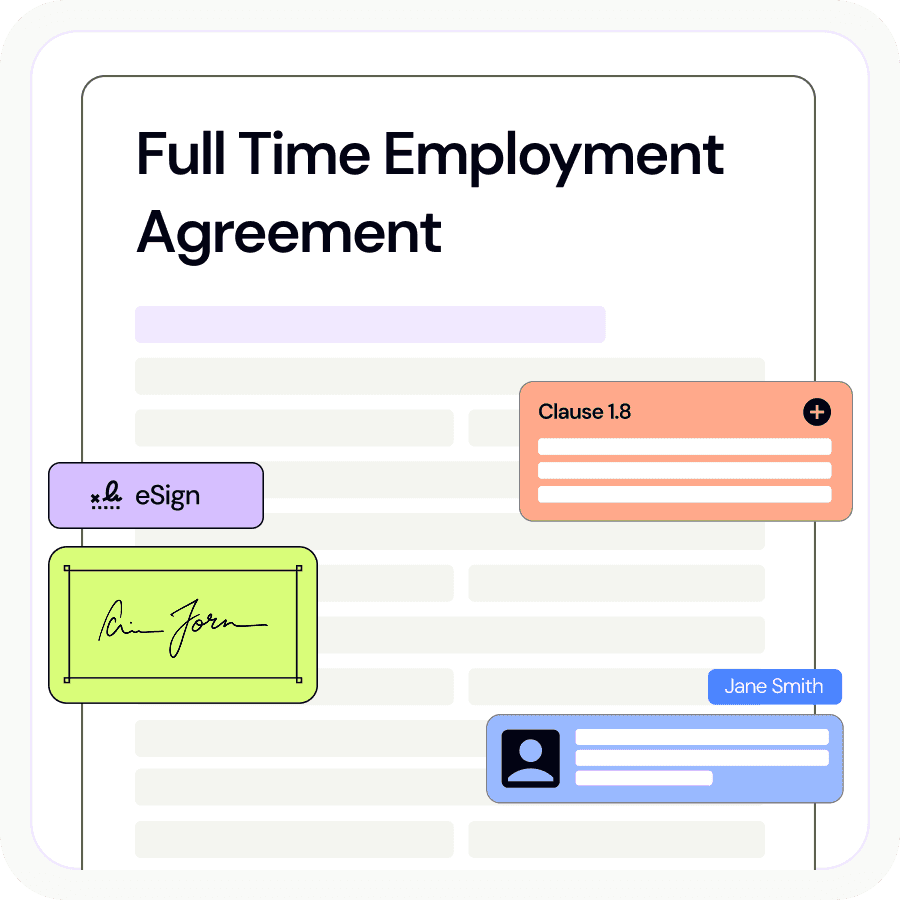Outworkers are employees or contractors who work outside the premises of the business. For example, the employees home. Generally, the location only needs to be not normal for the type of business. The most common industries for outworkers are in the clothing, textile and footwear industries.
However, just because the employee is not on business premises does not mean they do not have employee rights. Here’s our guide to these rights and how to ensure compliance as an employer of outworkers.
Minimum entitlements
Outworkers are, at minimum, entitled to the National Employment Standards. These standards include these 10 minimum requirements:
- Maximum weekly hours.
- Requests for flexible working arrangements.
- Parental leave and related entitlements.
- Annual leave.
- Personal/carer’s leave, compassionate leave and unpaid family and domestic violence leave.
- Community service leave.
- Long service leave.
- Public holidays.
- Notice of termination and also redundancy pay.
- Fair Work Information Statement.
As the minimum, the outworkers employee contract or relevant award can’t provide anything below these standards. Of note, however, casual employees will only receive entitlements with regards to standards 5 (unpaid), 6 and 10.
Relevant award entitlements
Depending on the industry, its relevant modern award scheme will dictate certain things like working conditions, public holidays and wage rates. However, where no award exists, the minimum wage will be set at the national standard. Likewise, where the award or employment agreement does not contain terms directly relating to outworkers they will receive the same standards as every other employee.
Furthermore, these awards will include things like workers compensation, safe work zoning and safety.
In conclusion
Ultimately, outworkers must be treated like any other worker. Despite working away from the business premise, they are still an employee of the business. Hence, if you are an outworker and suspect inconsistent treatment by your employer, it is best to contact a lawyer to discuss your rights in more depth.






